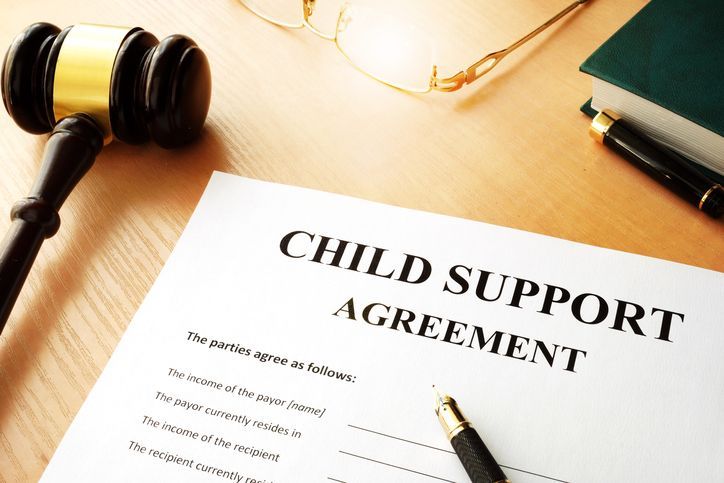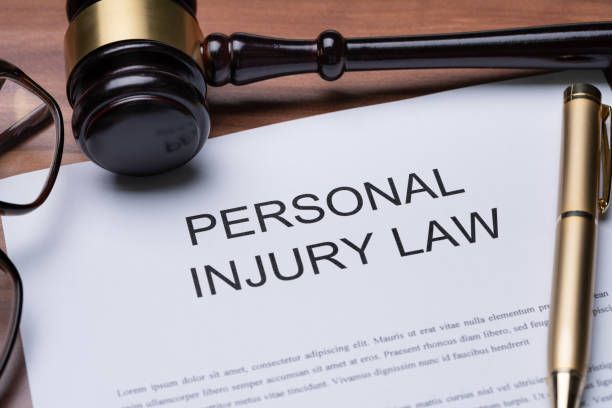Terms You Need To Know Before Your Virginia Divorce

The dissolution of a marriage is a difficult time for any spouse. You must deal with the emotional fallout of the breakup as well as the legal process of divorce. And that legal process can vary widely for different couples and in different jurisdictions. To help you navigate your Virginia divorce, here are a few key terms you need to know to make the best decisions.
1. Alternative Dispute Resolution
Asking a judge to decide your divorce case is often not the ideal way to achieve dissolution. Why? You lose control over the decisions made. Many couples fix this problem by seeking out alternative dispute resolution (ADR) to work out an agreement between themselves.
ADR takes several forms, including mediation with a professional mediator. All forms of ADR are voluntary and put the two of you in the driver's seat for your divorce agreement.
2. Divorce From Bed and Board
Did you know there are two types of divorce in Virginia? The state, like some others, provides for both full divorce and divorce from bed and board.
The latter concept is often unfamiliar to modern Americans, but it has many similarities to what is known as a legal separation in other areas. This divorce hammers out all the main issues in a divorce, like custody and division of assets, but it does not legally end the marriage. You cannot get remarried until a full divorce is obtained.
3. Equitable Division
Virginia follows the legal doctrine of equitable division of assets upon divorce. Although the terms sound alike, this should not be confused with equal division. Equitable division seeks to provide each party with what is fair given the particular circumstances of their divorce.
Judges take into consideration things like the length of the marriage, earning power of each party, custody, the grounds for the divorce, and effort put into the marriage by both parties. The end result can easily be unequal.
4. Grounds for Divorce
Grounds for divorce refer to the legal reason you are ending the union. Each state decides how to approach the need for grounds before divorcing and which grounds are acceptable. In Virginia, you generally need a legally appropriate reason to appeal to a judge for a divorce.
These grounds include cruelty, willful desertion or abandonment, adultery, legal insanity, and abandonment after a felony conviction. To get a divorce on these grounds, you must prove your case in court. Alternatively, Virginia has added a no-fault divorce option for couples who no longer cohabitate (live together as a couple).
5. Separation Agreement
In Virginia, you and your spouse may reach a separation agreement as a means to smooth out your divorce. This agreement, in which you both agree on key elements of their divorce—including the division of assets and debts, support payments, and custody of any children—helps your divorce process. Such an agreement shortens the length of time you must be separated for a no-fault divorce, for example.
6. Uncontested Divorce
Each divorce is referred to as either contested or uncontested. An uncontested divorce is one in which the two spouses are in agreement on all parts of the divorce agreement. The couple generally brings their divorce agreement to the court and requests that the court sign off on it. Depending on their circumstances, the judge may do so or they may amend specific elements of the agreement.
Have questions about any of these terms? Want to know more about other Virginia divorce subjects? Learn more by meeting with Gayheart & Willis P.C. We'll help you decide the best path for your own divorce and work with you to start moving on to the next chapter of your life. Call today.






















